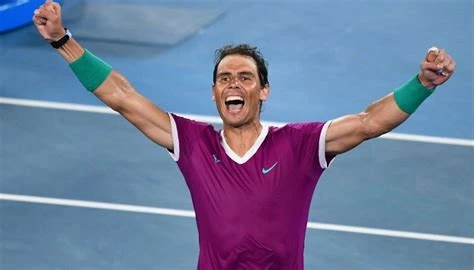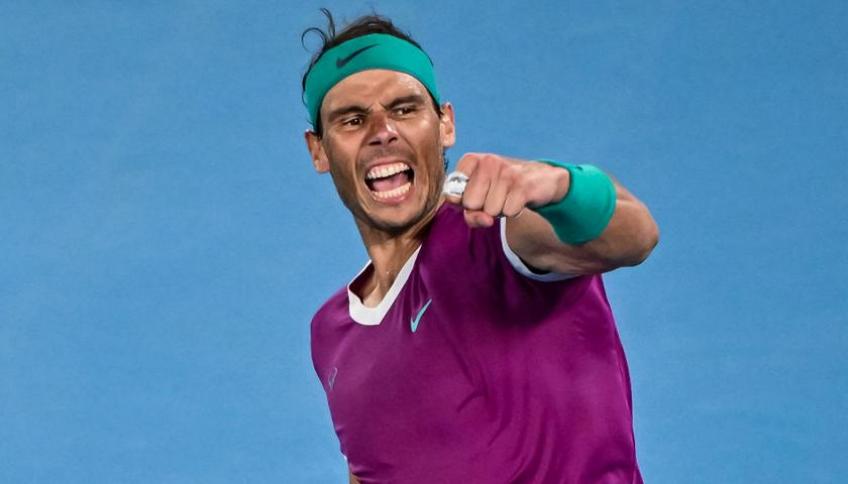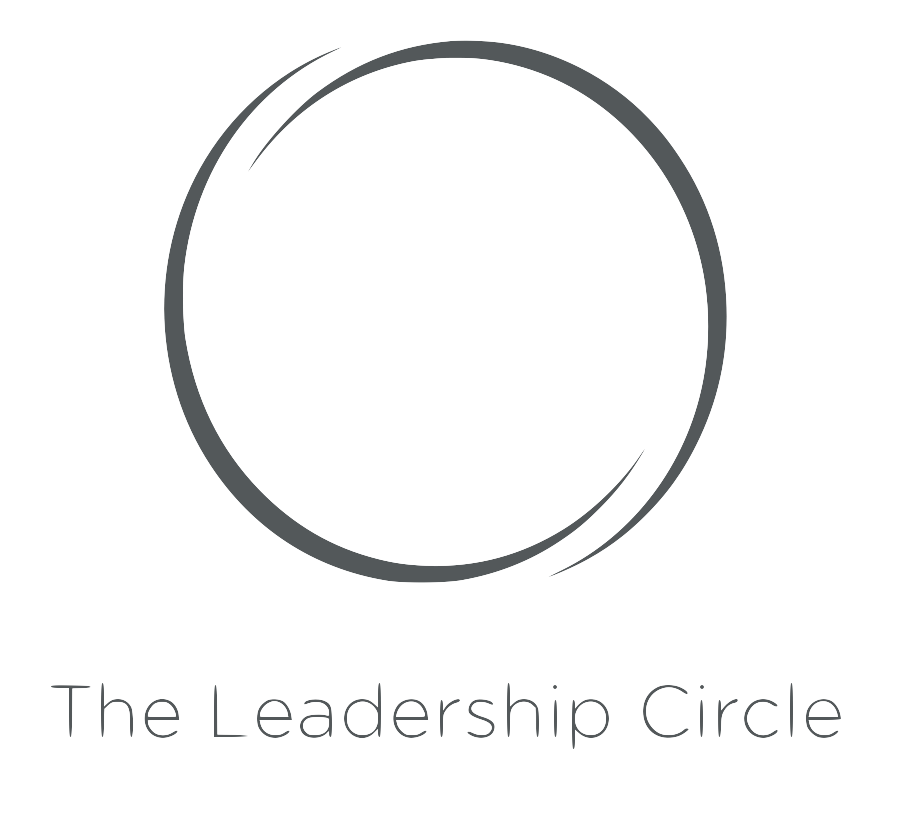
7 Leadership Lessons From Rafa Nadal
February 1st, 2022 · 5 min read
Last Sunday, we watched Rafa Nadal winning the Australian Open final, his 21st Grand Slam title, coming from two sets down. It was not just one of the greatest tennis matches ever, but one of the greatest sport stories.
Nadal made probably one of the greatest come backs in tennis history. Only two months ago, Rafa and his team were so concerned about his foot that they did not know if he would ever be able to play on the Tour again. However, he still went to Abu Dhabi, played a few matches there and got COVID just 4 days before Christmas. Nevertheless, Nadal insisted in participating in the Australian Open although he had not had time to train much.
Rafa managed to reach the final, however the match did not start very well for him. He did everything he could in the first two sets, he fought as hard as his 35-year-old body allowed him to, but Medvedev was simply too good. Rafa made unforced errors and the match seemed to be heading to failure, but in the third set Nadal stormed back and grew in confidence as the match dragged on and with the crowd behind him, came up with the decisive break in the fifth set and won the Australian Open. What a win! It has been one of the most memorable in Nadal’s career. And how proud Rafa makes us all Spaniards feel!
 Lessons of the World’s Greatest Player:
Lessons of the World’s Greatest Player:
Rafael Nadal is not only the best world tennis player, a role model for children and ordinary people but also it is commonly agreed that his figure trascends the world of tennis. He has achieved greatness, on and out of the tennis court, and now I would like to share some lessons that leaders, executives, entrepreneurs, consultants and professionals can learn from him:
Humility: His greatest lesson is to stay grounded irrespective of his accomplishments. Rafa is an inspiration to all, he always remains humble in victory or defeat. In an interview, after his victory, he said: “The education my family has given me is to live everything calmly. I know that success is temporary and if you lose, it's not a big deal, the main thing is to recover quickly and to focus on your next goal”. Few people can balance success as well as Nadal.
Values: Rafa and his family form a close knit. Rafa's parents and his uncle Tony have instilled strong values in him like honesty, trust, integrity and loyalty. Having these values is important for Rafa to be grounded and to know the difference between himself as a real person and himself as a sports and media personality.
Respect: Nadal has always respected his opponents and treated them with dignity. It is easy to lose perspective when you are a great champion but Rafa never loses sight of his roots, and never thinks of himself as greater than anybody else. “It’s better to have a good relationship with everybody,”. That leads to happiness for him, too “Then you are happier,” he adds.
Mental Toughness: This personality trait determines your ability to perform consistently under stress and pressure, and is closely related to qualities such as character, resilience, grit and perseverance. Rafa's mental toughness level is so high that it keeps him thinking and behaving positively, not giving up and being confident, so that he can overcome negative situations even if the odds are stacked against him, as it happened on Sunday at the Australian Open.
Excellence: Rafa works very hard to improve on those aspects of his game that he considers his “weaknesses”: his serve, for instance. He is the most dedicated, disciplined, committed player in the world, no wonder his practice sessions are long (six to eight hours of training every day), marked by long groups of near-identical rallies/drills, which to some would appear monotonous or boring. However, this ability to work repetitively on the same thing is the hallmark of a true genius and it is what leads to excellence.
Focus: Rafa's real love of tennis is what keeps him focused on his career. When playing the game, he stays away from distractions and rewards to stay focused on his game. Focusing on the rewards of success is a trap, since players can begin to experience negative feelings and doubt about their abilities. Rafa competes and trains knowing that as long as he does everything required to achieve a result, he can walk away satisfied from his performance. If he is focused on success he sticks to his training program, which will in turn give him more opportunities to demonstrate his hard work and skills when the time comes. He trusts that with continued determination, he will get the chance to win eventually.
Coaching: The coaching team that partners with Rafa is one of the key factors behind his enduring success. Nadal surrounds himself with people he has known for much of his life and with whom he has developed a relationship based on honesty, transparency and trust: “I don’t think any coach that I have had in my career has ever been afraid of telling me the truth or being honest with me because he feared for his job, I have never fired anyone”. Rafa believes that there is only one way to work - to respect each other and to have a very good personal relationship. It is more than a work relationship, it is something even more important than tennis.
Author: Elena Parrilla
Founder & CEO of Sensum Consultants
Executive & Leadership Coach | Assessment Specialist | Business Consultant | Entrepreneur







